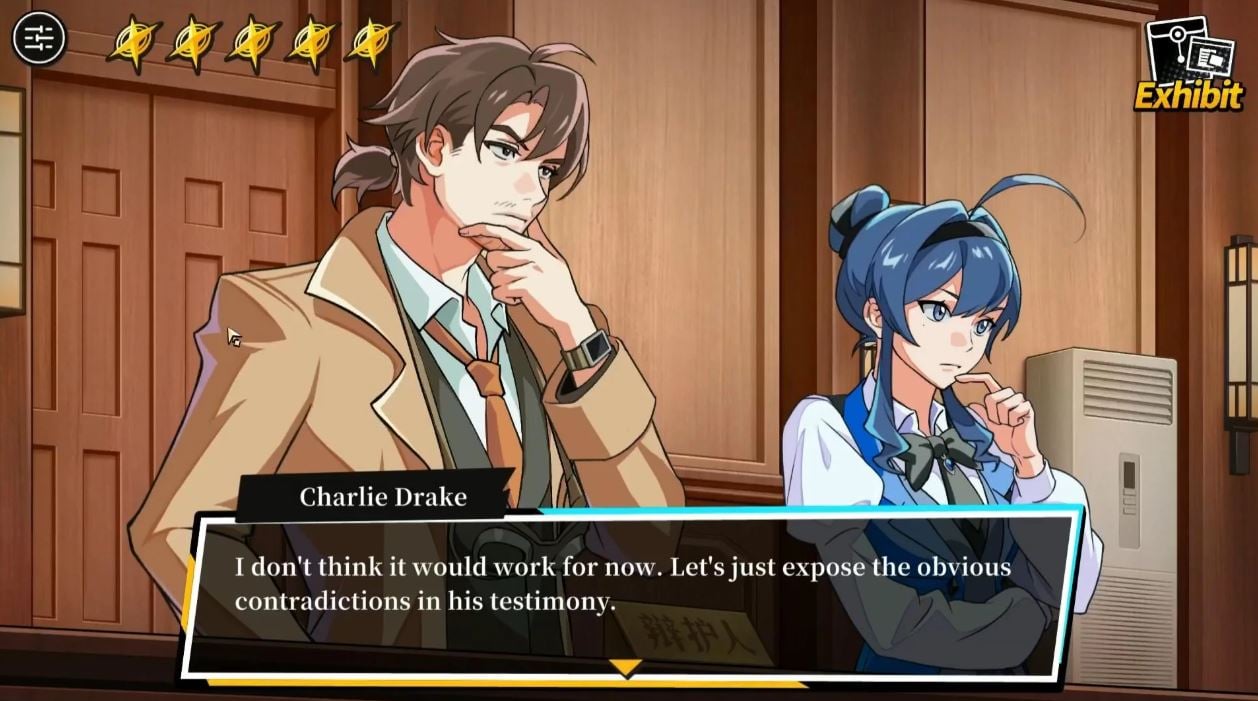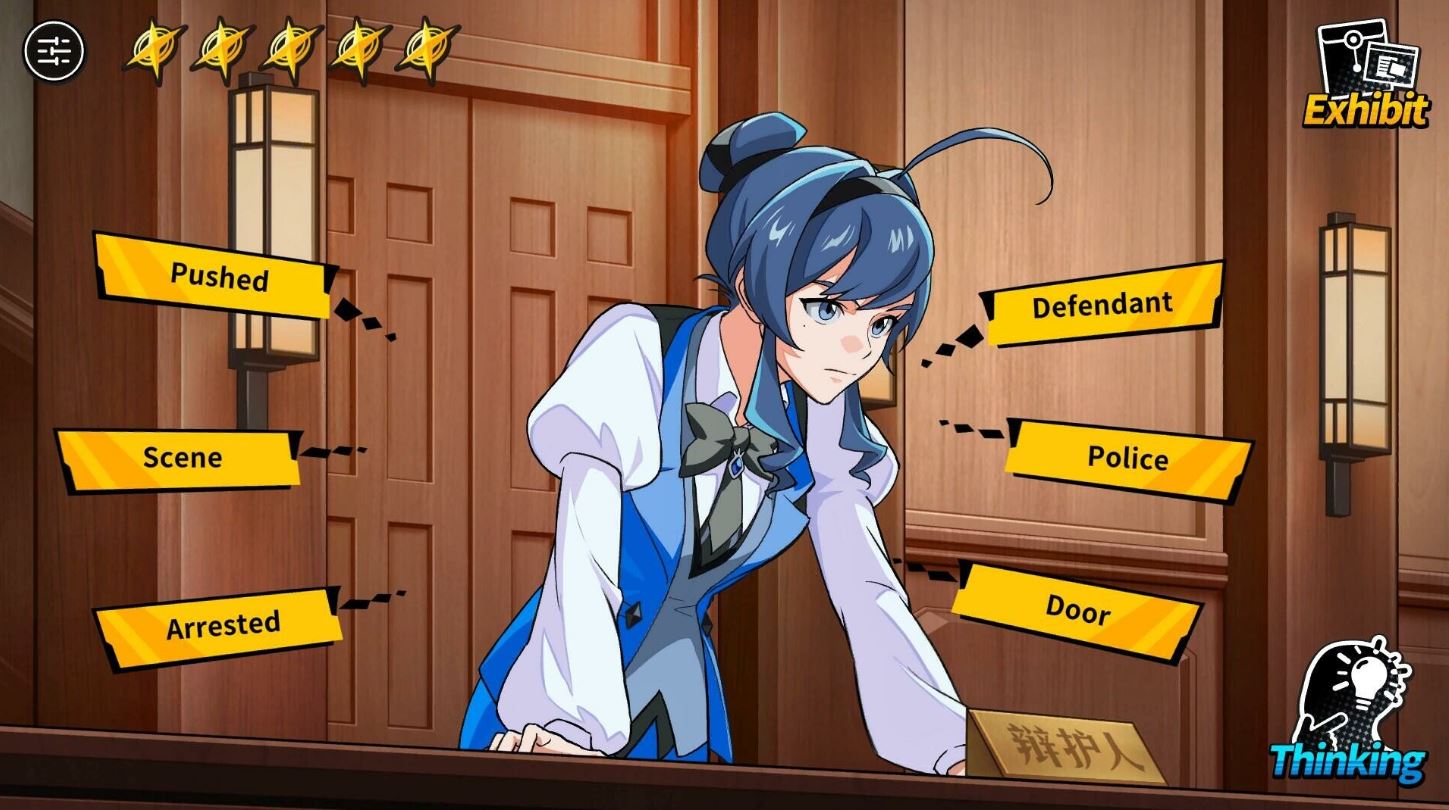On July 16, Steam made a big change to its rules about what’s allowed on the platform, with a new clause that prohibits content in violation of any standards set forth by payment processors, banks, or network providers. The timing of the update coincided with what appears to be a crackdown on games that violate the new rule. One deletion – of the Ace-Attorney inspired detective game called Trials of Innocence – particularly raised concerns as players struggled to identify what part of it could possibly warrant suspension. Fortunately, it has since been confirmed that this case is unrelated.
As can be tracked on SteamDB, a large number of titles have been taken down from the platform in the past few days. While Valve does not specify or give examples of what kind of content the new clause in their guideline targets, a common characteristic of titles deleted so far is that they focus on explicit sexual content – particularly tropes like incest, non-con, dub-con, hypnosis, brainwashing and slavery.
Among such titles, the courtroom drama adventure game Trials of Innocence was deleted from Steam on July 16. This caused a lot of confusion in the title’s Steam forums and Reddit – fans pointed out that the game does not include any nudity or hate speech, which brought up the alarming possibility that Trials of Innocence may have been deleted “in the crossfire” of the sweep due to some minor trigger.
Thankfully, this does not appear to be the case, as the game’s developers announced on July 18 that they have received an explanation from Steam. Trials of Innocence was temporarily taken down due to a DMCA claim – which means the suspension was related to some kind of copyright infringement. In an odd twist of fate, the incident has helped boost the game’s visibility, as one commenter notes, “On the plus side, I found out about your game due to this issue and can’t wait to be able to buy and play it! Someone remind me when it’s back up.”

Meanwhile, the issue of Steam’s updated policies remains divisive. While many of the games deleted so far appear to be pornographic shovelware, the problem lies not in what was removed, but the implications of Steam being obligated to act based not on their own rules and values, but that of third parties such as payment processors and banks. Moreover, the standards of these third parties are completely lacking in transparency, which means they could be subject to change without notice, making it a concern for consumers and a risk for game publishers.





